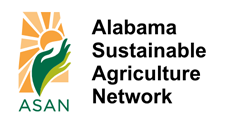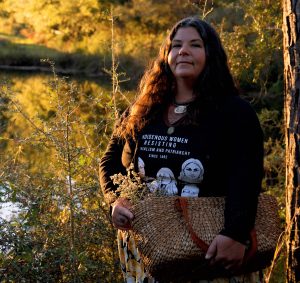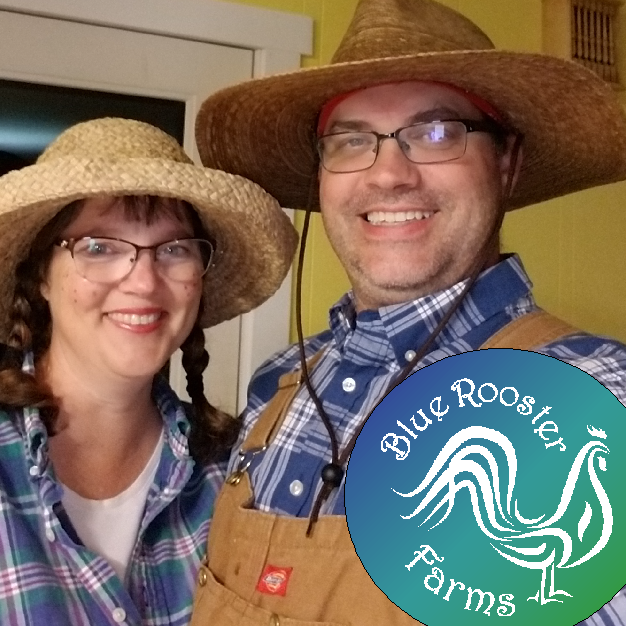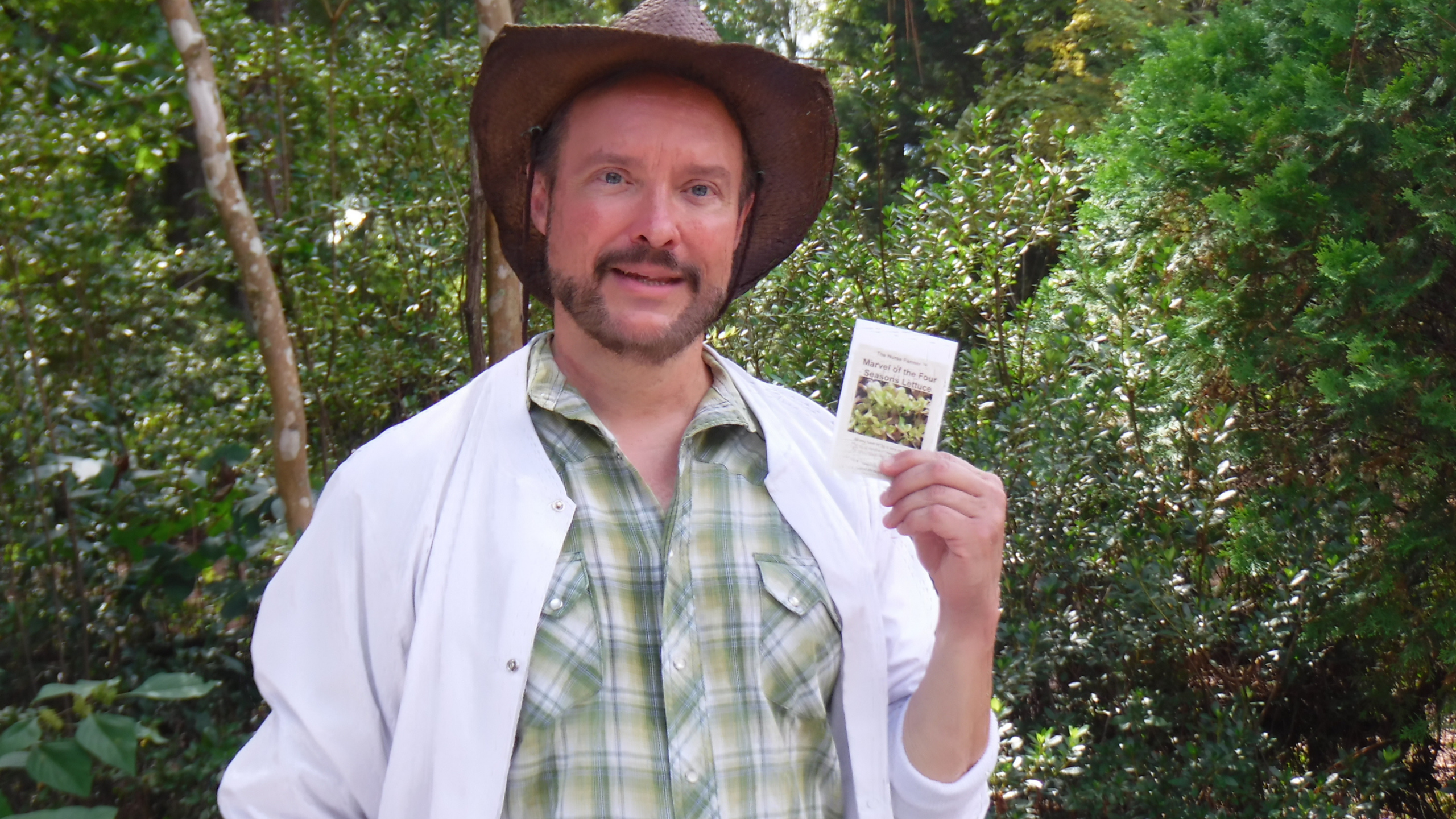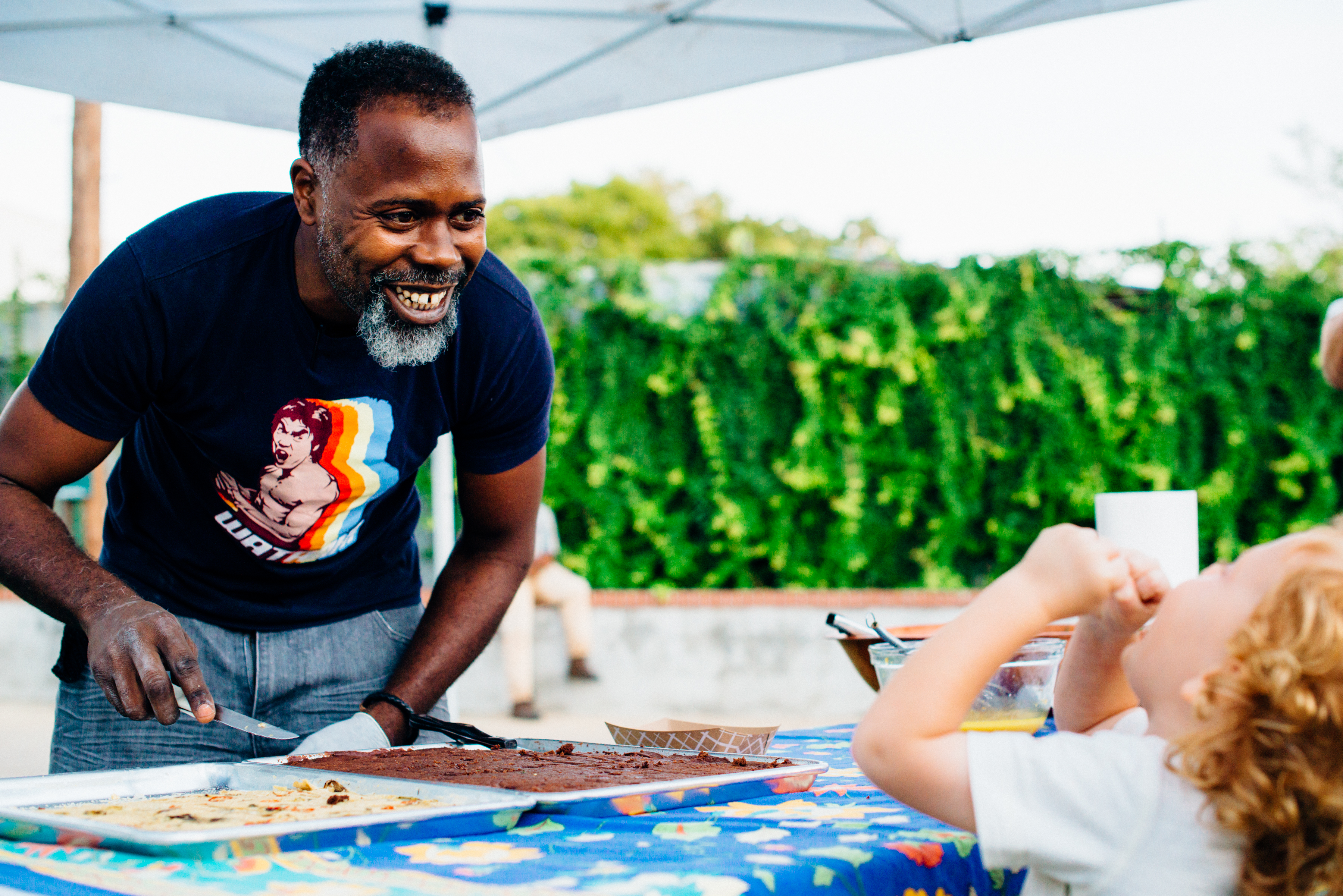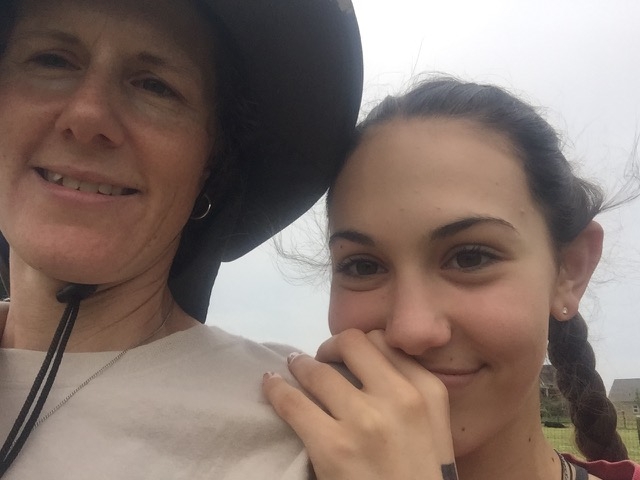November is Native American Heritage month, and ASAN is excited to share with you this interview with Ms. Angela (Angie) Comeaux. Angie is one of ASAN’s board members, founder of Hvrvnrvcukwv Ueki-honecv Farm (Hummingbird Springs Farm), and a technical assistance specialist with the Intertribal Agriculture Council.
***
Being new to Alabama 3 years ago, I was drawn to ASAN by its mission and vision. It was refreshing to see an agricultural organization that focused on being ecologically generative, just, rooted in community, and centered on those who work the land.
Tell us a bit about your farm and what motivates you to farm.
Hvrvnrvcukwv Ueki-honecv Farm Hummingbird Springs Farm) is an Indigenous food forest, non-profit teaching farm, and a future land trust in Florala, Alabama. The mission of Hvrvnrvcukwv Ueki-honecv is to show what Indigenous sovereignty truly looks like, to be a living example of what prioritizing community care and the needs of the land can achieve, to show that when we listen to the land and the land’s original stewards, we can not only heal our communities but thrive. Some of our goals include building an intentional community centering Southeastern Indigenous and BIPOC folks where housing and food are secure, building and implementing a timeshare model to support systems of living outside of capitalism, calling home and protecting endangered and at-risk species, and resurrecting traditional lifeways that have long been sleeping for our people and for the land. It is necessary that we bring the songs, the language, and the lifeways back home. It is vital that we build our future in right relationship with the land and with one another. In that respect, Hvrvnrvcukwv Ueki-honecv is committed to radical ancestral lifeways rooted in collective liberation, working towards a world free of capitalism, colonialism, racism, anti-Blackness, gendered and sexuality-based oppression, and all forms of exploitation against any living beings. Our goals stop short of nothing but radical joy, freedom from all oppression, and deep healing of the natural world. Food, land, and medicine sovereignty for my people are what motivate me.
Tell us a bit about the Intertribal Agriculture Council and resources available for Native agricultural producers.
The Intertribal Agriculture Council is a nationwide non-profit organization, founded in the ag crisis of 1987 to pursue and promote the development and use of agricultural resources for the betterment of Indigenous people. Our mission is “to provide a unified effort to promote change in Indian agriculture for the benefit of Indian people”. We offer hands-on assistance to indigenous producers by way of our Policy and Government Relations, Regenerative Economies, Natural Resources, Technical Assistance, American Indian Foods, and Youth departments. We help Indigenous peoples in agriculture obtain their goals through technical assistance, training, grant funding, and connecting to resources. There is no project too large or too small. We help Indigenous people in ag on the scale of foraging, all the way up to large commercial operations.
What is important to you about Native American heritage month?
I am proud of and promote Native American heritage daily. Native American Heritage Month, and when a state decides to make Indigenous Peoples Day a recognized Holiday, are the only times of year that actual awareness is brought to issues being faced by Indigenous peoples. I feel the general public is more open to learning about Indigenous culture, histories, and issues during that time period.
It’s also a time of year that is typically hard for Indigenous people, beginning with Columbus Day, and lasting through Thanksgiving and Christmas. Columbus having enacted Genocide on the Taino, and his “discovery” of North America. The idea of Thanksgiving is a fable our modern society has adopted and perpetrated, that originated from a celebration of the slaughter of the Pequot tribal nation. Christmas is one of the most important Christian holidays, with Christianity, the idea of manifest destiny, and the papal bulls being the largest genocide of the Indigenous Peoples of Turtle Island. Follow it all up with the anniversary of the largest mass execution in the United States, on December 26, 1862, where Abraham Lincoln ordered the public hanging of 28 members of the Dakota tribal nation, and an additional 303 were sentenced to death.
In a time of year that is so hard for Indigenous people, we are finally (beginning in 1990) able to celebrate our strength and resilience as a people. Native American Heritage Month is a time when we can come together to be proud of who we are, and that we are still here, together, in the face of ongoing genocide of our people and lifeways.
What do you think is important for non-Indigenous individuals to know about Native American Heritage Month?
I think it is important for people to learn from Indigenous people every month, and not just during the one month set aside to recognize us. Read the stories written by Indigenous people themselves. Support Indigenous businesses, artists, and communities. Indigenous people were the original land stewards: put their voices first in matters of climate crisis, environmental activism, land management, land stewardship, and land management.
